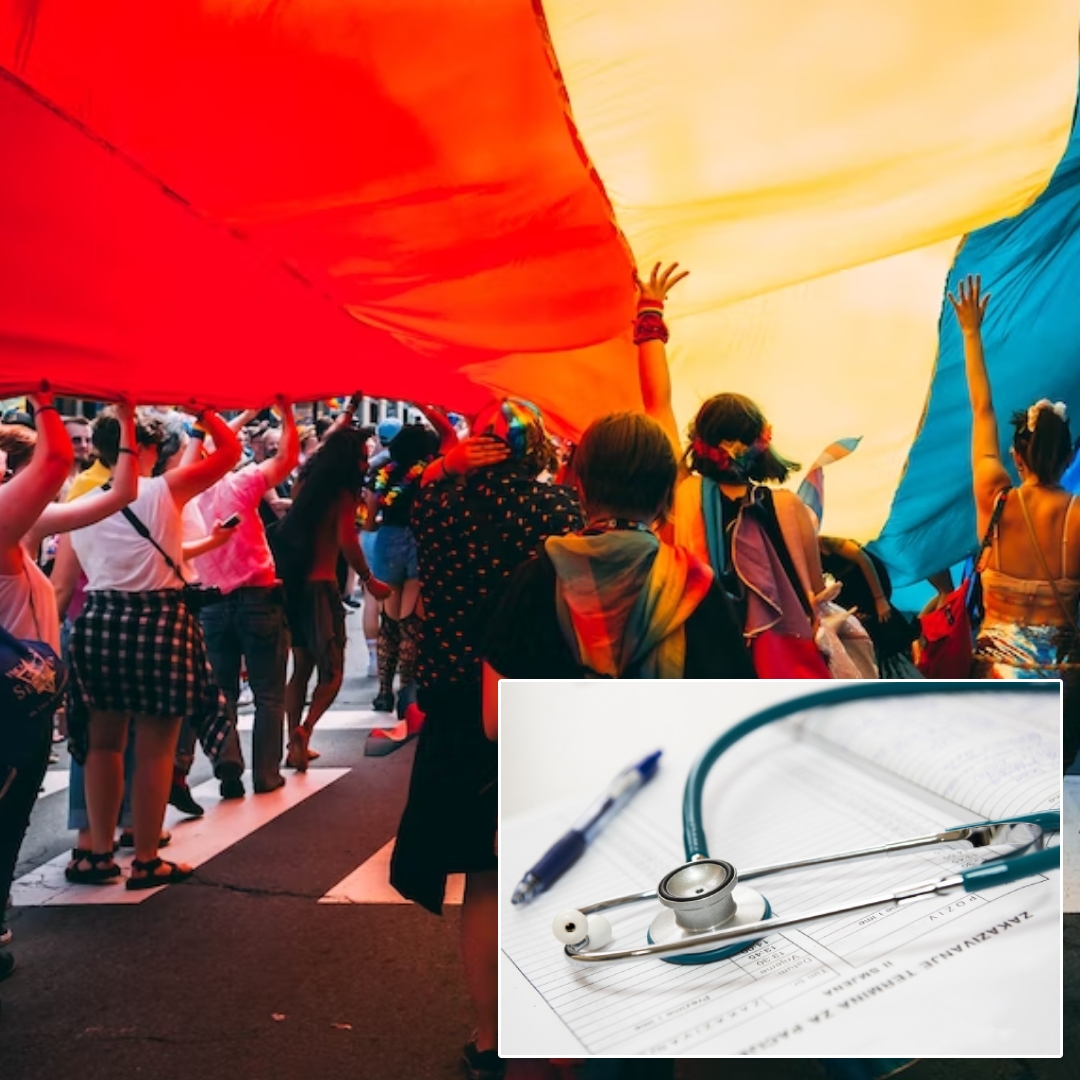Ordeals & Problems Faced By LGBTQ+ Persons In Healthcare
Writer: Nyaaya
Nyaaya is an open access, digital resource that provides simple, actionable, reliable and accessible legal information to all Indians, helping you solve your day-to-day legal problems so that you are aware of your rights and feel empowered to seek justice.
India, 30 Sep 2022 10:28 AM GMT | Updated 4 Oct 2022 5:27 PM GMT
Creatives : Ankita Singh |
A literature lover who likes delving deeper into a wide range of societal issues and expresses her opinions about the same. Keeps looking for best-read recommendations while enjoying her coffee and tea.
Guest Author : Nyaaya
Nyaaya is an open access, digital resource that provides simple, actionable, reliable and accessible legal information to all Indians, helping you solve your day-to-day legal problems so that you are aware of your rights and feel empowered to seek justice.
LGBTQ+ persons can have healthcare needs that are specific and unique to their experiences. Some of the common healthcare issues are: mental health issues , sexual health issues, physical issues with respect to gender-altering surgeries
LGBTQ+ persons can have healthcare needs that are specific and unique to their experiences. Some of the common healthcare issues are: mental health issues , sexual health issues, physical issues with respect to gender-altering surgeries
There can also be a social bias, which can make accessing adequate healthcare difficult. For example, a therapist may refuse to treat someone because they are gay or a transgender person. This can result in people avoiding timely treatment or a person not disclosing their true gender/sexual identity, which can add complications. This is why it is important to understand your rights while accessing healthcare services.
If someone faces any discrimination by medical personnel like doctors, nurses, psychologists, psychiatrists, etc while accessing physical or mental healthcare, they can take action. They can file a complain to: Police National and State Commissions in India National/State Human Rights Commission, National/State Commission for Women and Cyber Cell.
For more details on the above, read our explainer on "Complaining or Reporting Problems by LGBTQ+ persons". A person can also take help and support from lawyers, NGOs, etc. who can guide them through any issues they may face.
What are the rights of LGBTQ+ persons with respect to mental health?
Not being a straight person/cis-gendered is not grounds for being diagnosed with a mental disorder. However, when a person experiences significant distress due to the difference between the gender assigned at birth and the gender that they identify with, they may be diagnosed with Gender Identity Disorder.
In India, LGBTQ+ people have these rights relating to mental health:
They cannot be categorised as mentally ill simply for not conforming to the moral, social, cultural, or religious beliefs of a particular community. For example, a person cannot be deemed mentally ill just because they are gay or transgender.
They have a right to mental healthcare services offered by mental healthcare establishments funded/run by the government.
No one can deny them healthcare services, as referred to above, on the basis of sex, gender, or sexual orientation.
What are the common health issues faced by LGBTQ+ Persons?
A person may be at risk of contracting Sexually Transmitted Infections/Diseases (STI/STD) like gonorrhea, syphilis, AIDS, etc. if they are sexually active. The risk of contraction may be higher if a person falls into certain categories. For example, in a report, the National AIDS Control Program identified Men Having Sex With Men (MSM) and transgender persons as one of the high-risk groups for HIV/AIDS.
If a person is sexually active, they should speak to their doctor about STI prevention, screening tests, etc.
Government-Aided Schemes and Clinics
The government has come up with various schemes to help people suffering from STIs, irrespective of gender identity or sexual orientation. Please see here for a state-wise list of clinics providing free services to such persons. Those who do not identify with the gender assigned to them at birth may want to go through surgeries to align more strongly with their chosen gender. However, a person does not have to go through any surgeries to be given recognition for their self-identified gender. In this regard, the two of the most common forms of surgeries performed are:
- Gender Affirmative Therapy (GAT): a set of procedures, from psychological counselling to sex reassignment surgeries to change a person's appearance to make it conform more strongly with the self-identified gender. For example, Rita was identified to be female at birth, but while growing up, identifies herself as male, and may undergo GAT to masculinize her appearance through breast removal surgery, etc. The Supreme Court has held that it is a constitutional right for a person to be affirmed as male or female after GAT. There is no impediment, legal or otherwise, in undergoing GAT.
- Corrective surgery/intersex surgery refers to procedures done to modify sex characteristics and genitals when they are anomalous, meaning when there is no clear distinction between male and female genitals. For example, a child, Nakul, is born with both male and female genitalia and decides that he self-identifies and feels that his gender is male, and thus, undergoes corrective surgery to align more strongly to the male gender.
Though there are no nationwide regulations, some states, like Tamil Nadu, have banned unnecessary medical procedures on infants, to prevent illegal corrective surgery at a young age.
Also Read: My Story: 'I Want To Be An Independent Artist And Create An Identity In The Field Of Music'
 All section
All section
















